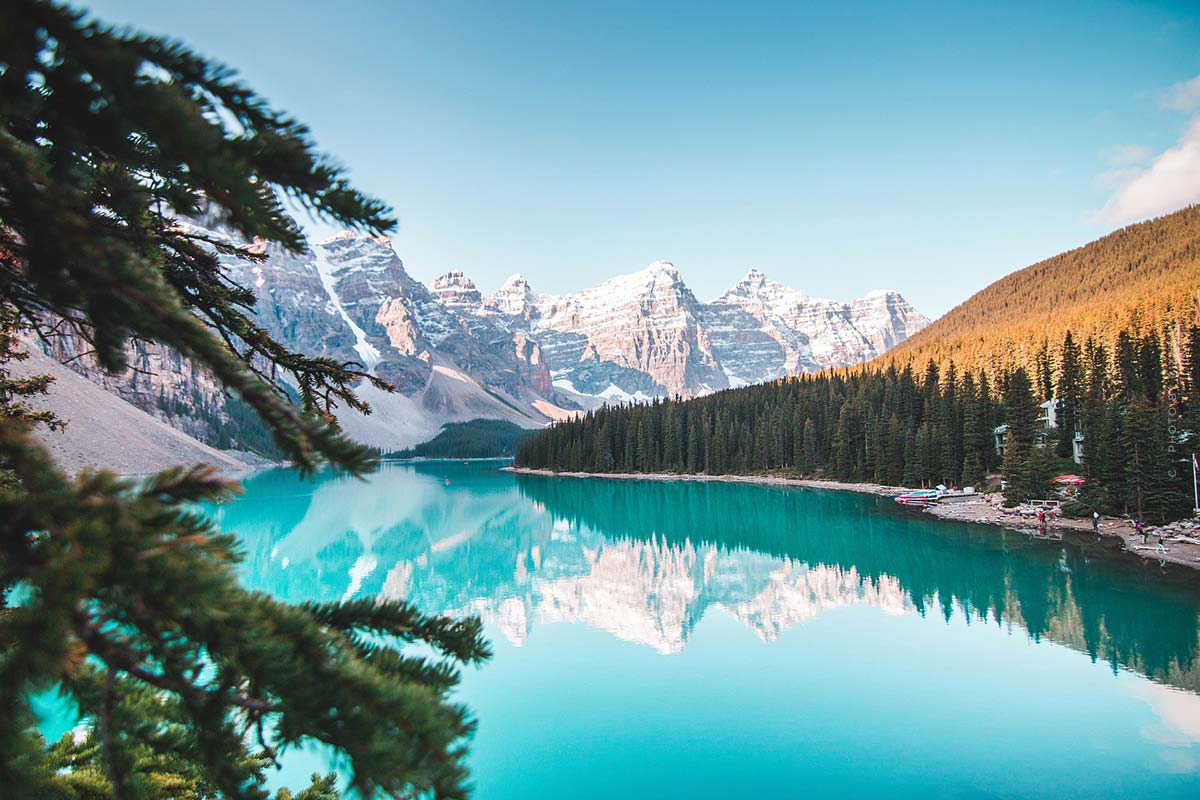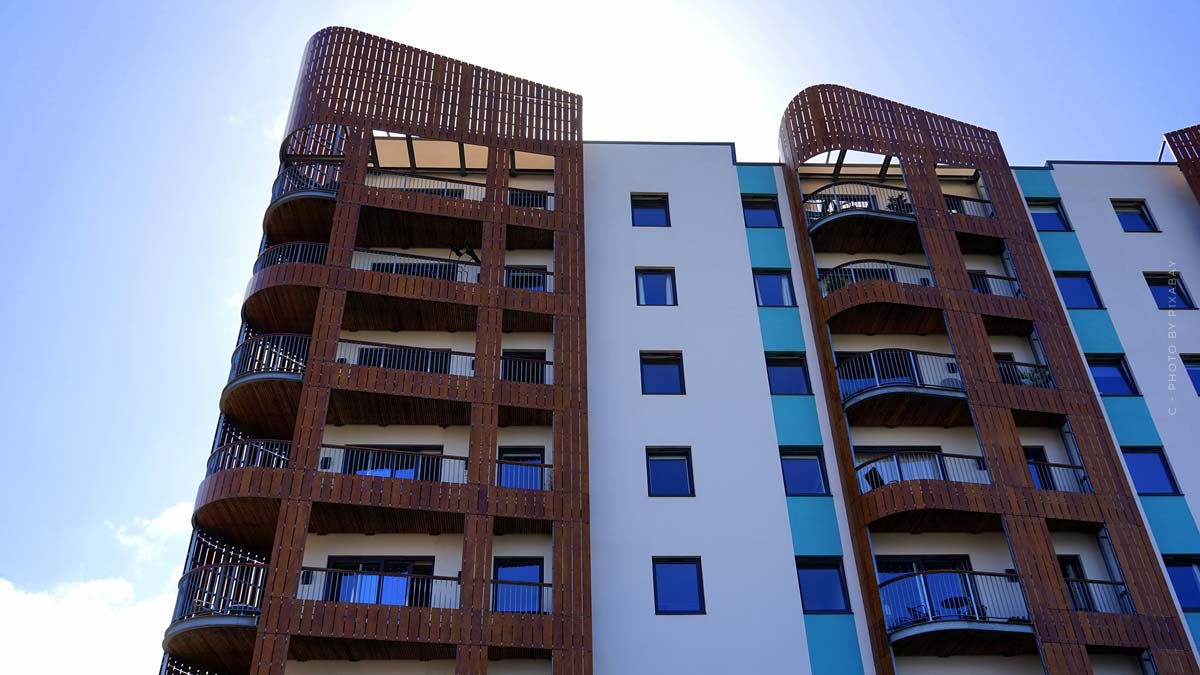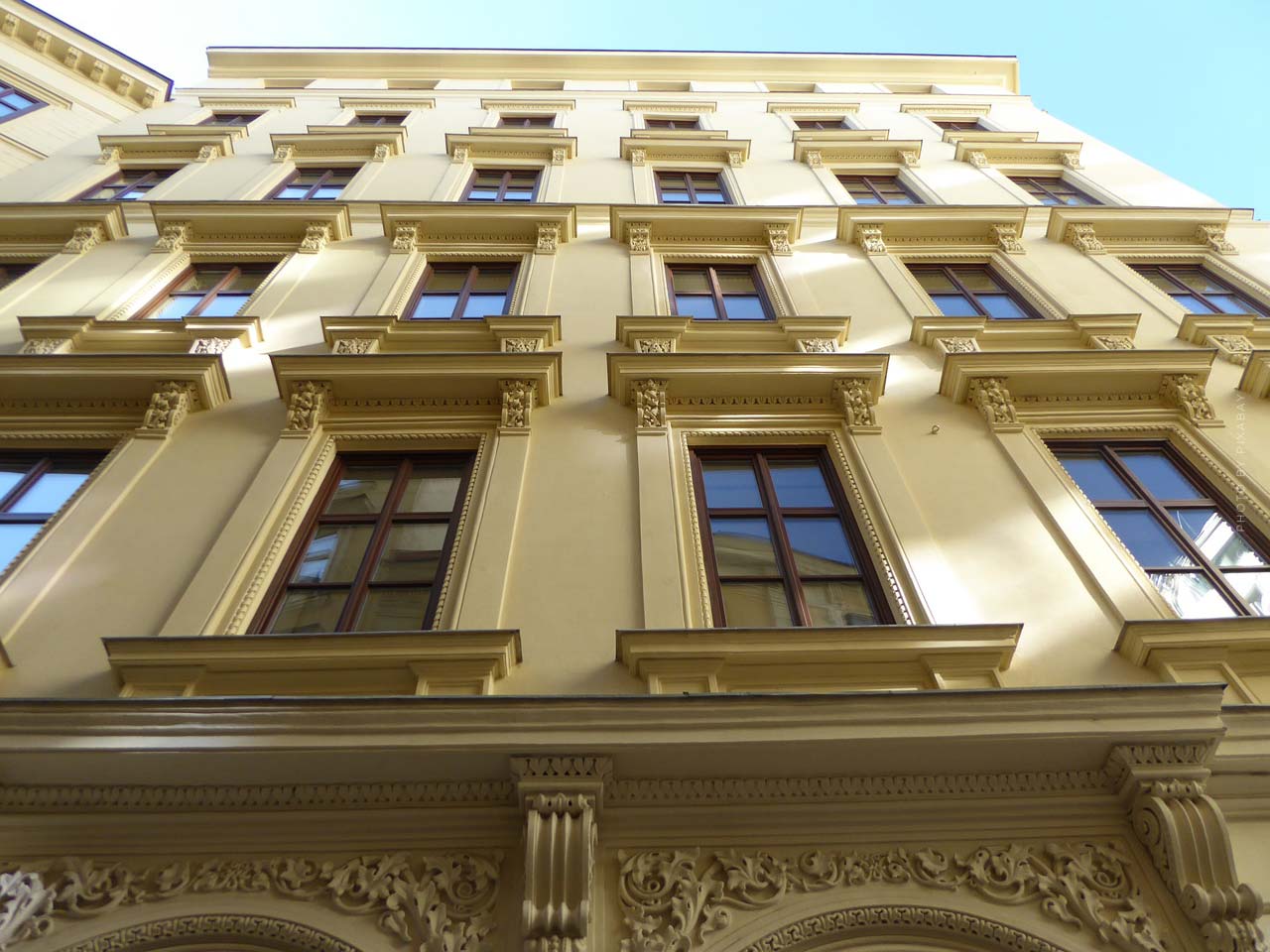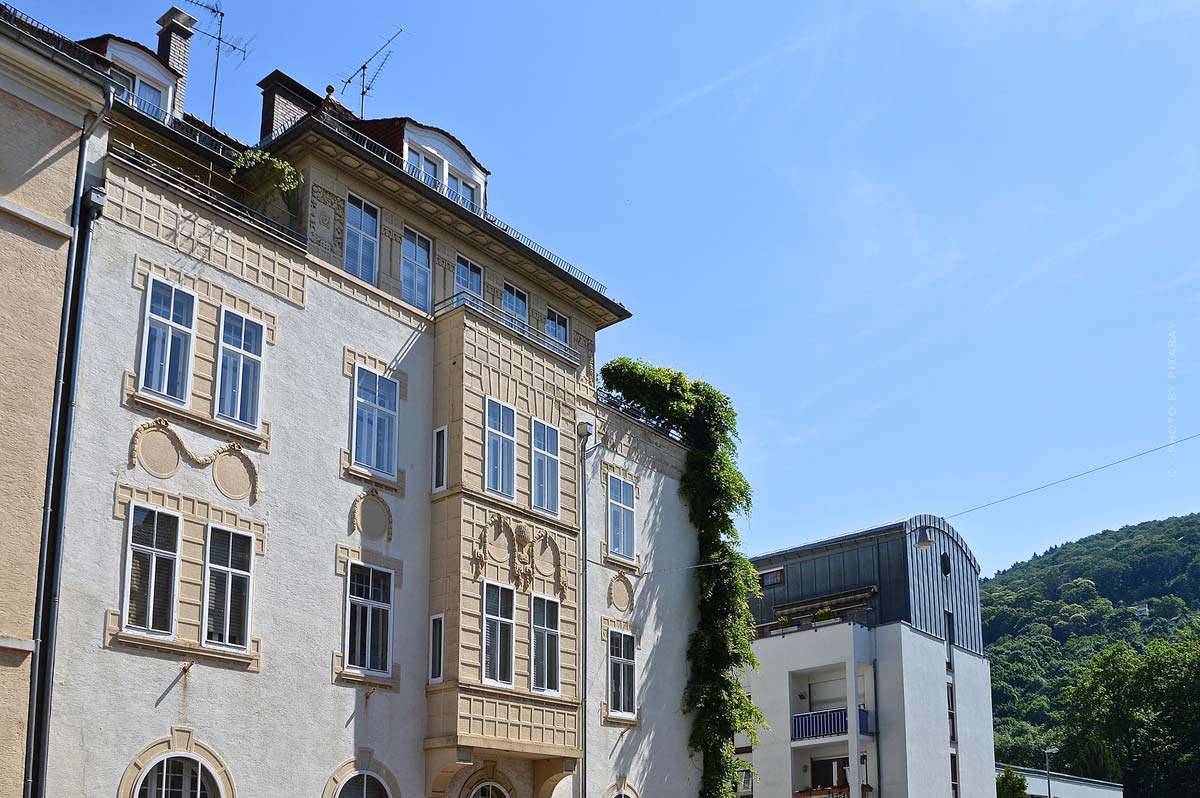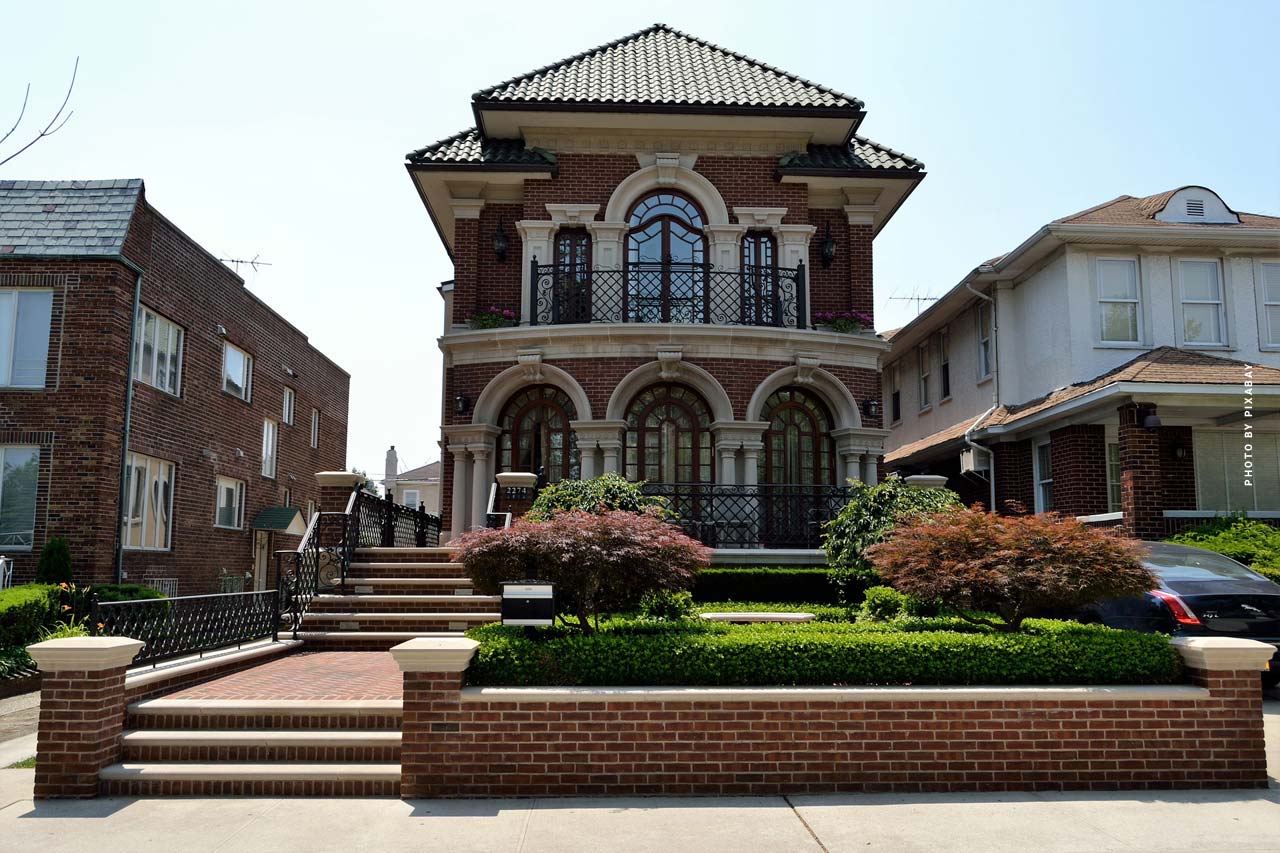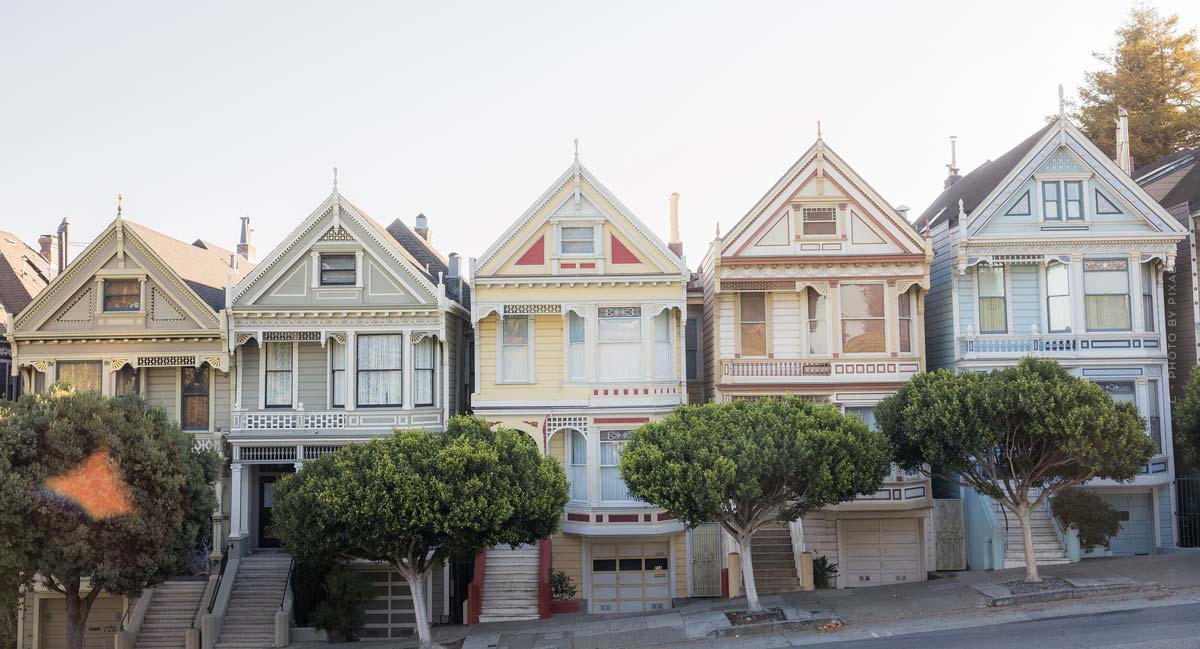Real Estate Canada – Where to Buy, Property, House, Capital Investment
North America – There has never been a better time to invest in Canadian Real Estate. Canada offers a unique combination of high quality of living, variety in types of property and lifestyle, as well as a strong repertoire of up-and-coming cities. Here a guide to Canadian real estate, the market, where to buy, what to look for when buying real estate, and much more. Important in any case is to plan when investing in real estate, this guide should remove any uncertainties about what to look for when buying real estate.
The True North Strong
Booming Economy, growing metropolises, cultural offering without end. Canada is one of the quickest growing countries worldwide in terms of economy, popularity, and much more. Its citizens are welcomed worldwide, as shown by the fact that it is one of the most liked countries in the world according to WorldAtlas. It is famous for its aboriginal history, its massive nature and the Rocky Mountains, as well as its famous metropolises like Toronto and Montreal.
- Most Loved Country in the World
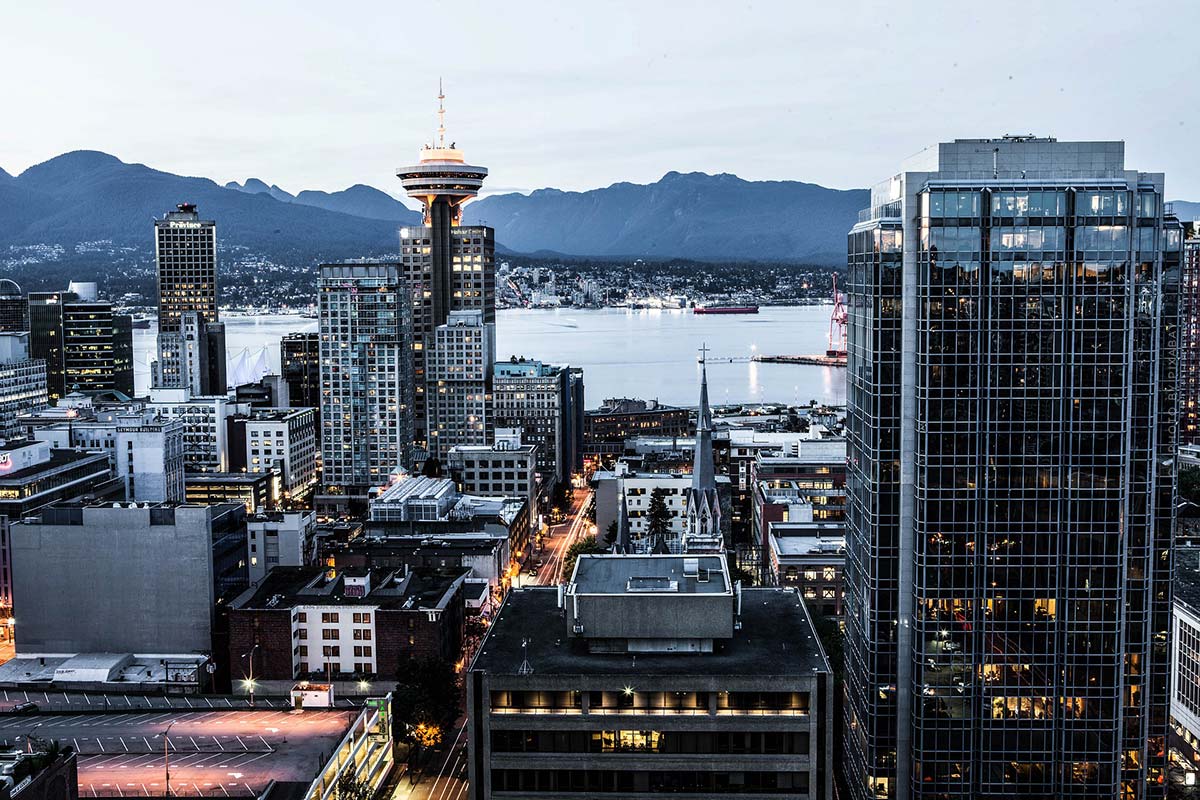
Is Canada a Good Place to Live?
In its ranking of the most livable cities in the World, Canada has three cities in the top 10 (#5 Calgary, #6 Vancouver, #7 Toronto). Ahead of popular neighbour New York. More than any other country. Much more than this though, it also ranks high in other statistics. Its education system is considered among the best in the world, its cities are becoming increasingly new tech, and modern oriented. Meanwhile it is also one of the most multicultural and globalized countries worldwide, often considered a leading example for good integration. Which may be part of the reason its citizenship offers one of the most powerful passports worldwide. In regards to future-orientation, Vancouver and Montreal are regularly ranked as some of the best cities for green transportation.
- Three of the Ten Most Livable Cities
- Best Cities for Green Transportation
Canada’s Nature
Canada’s nature is unparalleled worldwide, and people from all over the world know to appreciate its vast expanses of untouched nature. The rocky mountains offer some of the best skiing in the world, Banff is a regal mountain town surrounded by the wild, and the luxury hotel fairmont Lake Louise is found on postcards on fridges all over. Below a peak at what western Canada’s riches include.
What about the Hard Facts?
Canada is home to 38 mil. inhabitants. With 9,984,670 km2 it is the second largest country in the world, yet also one of the most sparsely populated. This area is divided into provinces or territories (the equivalents to USA’s states). Due to the colonial past, the official languages are English and French, with French being commonly spoken only in the large eastern province of Quebec. It is also comfortably a part of the G7 summit every year, and counts to one of the most powerful political countries in the world. In terms of culture and traditions, Canada (at least the anglophone part) is very similar to its southern neighbours the USA. Its capital Ottawa is only the fourth largest city in the country, following (in order):
- Toronto – 2,93 mil.
- Montreal – 1,78 mil.
- Calgary – 1,02 mil.
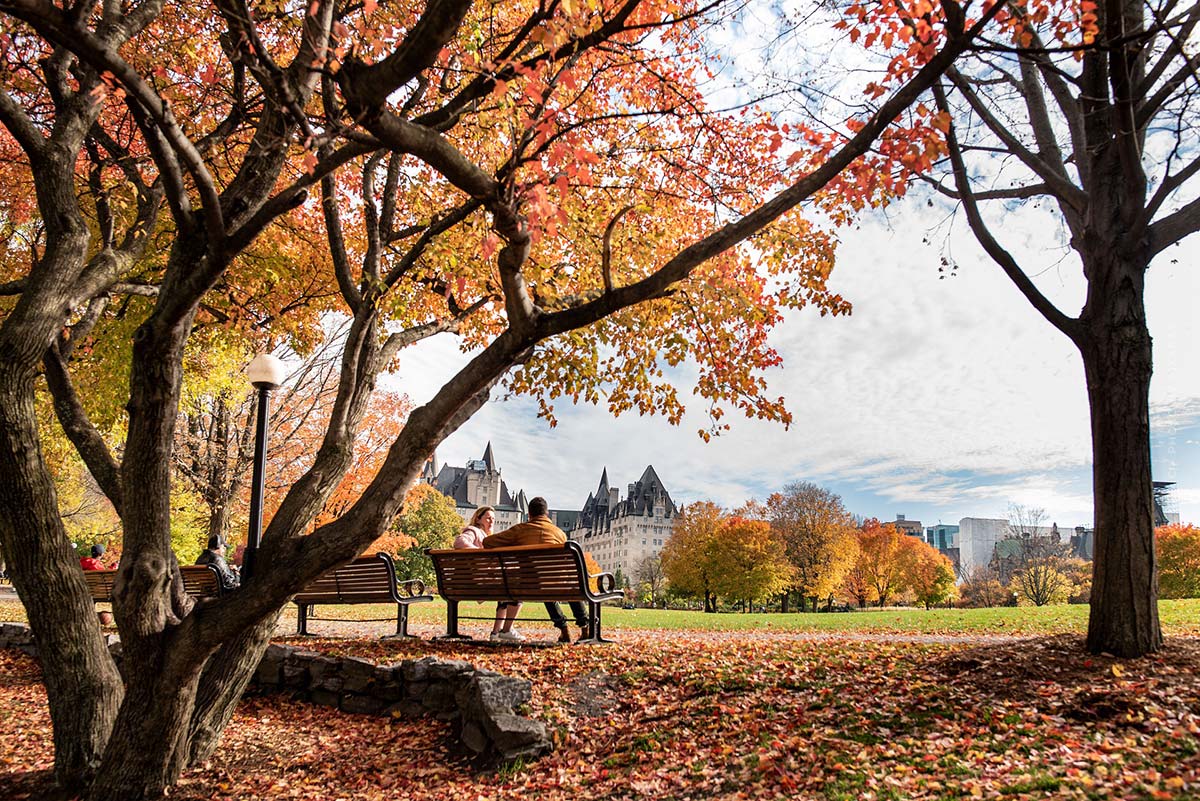
No More Oil – The Canadian Economy
Canada has strongly de-oriented from its former oil-based economy. Despite this, its economy is still growing (see below), with 1,9% GDP growth in 2018. Its GDP of xx means it is the 10th largest economy worldwide. According to forecasts by Canada’s largest banks, Canada’s economy is set grow at an annualized rate of 36% in the third quarter of 2019. This is compared to 20% for the United States. In fact, it is easy to draw comparisons to the USA due to its market-oriented economic system. Leading sectors include the automotive and other industries, forest products, minerals and petroleum. This is also reflected in its largest trading partner is the United States, with the country receiving some 75% of Canada’s exports.
Of the state’s total income, taxes make up 32.2%. This is made up partially of income and corporate tax. Federally, these rates are 33% and 15% respectively. Yet these differ with respect to provinces, where each province has their own tax rates. Lastly, they are also staggered, with higher income corresponding to higher tax rates.
- Federal Corporation Tax: 33%
- Federal Income Tax: 15%
Taxes in Canada – Explained
Taxes in Canada are quite simple to understand, but often misunderstood. They are said to be very high, but this is not necessarily the case. The tax system in Canada is very much unlike its southern neighbours, of the U.S.A.
You want to learn more about how real estate taxes work in the U.S.A.?
Income Tax
Income tax is levied by the state as well as by the individual provinces. The individual provinces have different tax rates. Therefore, as in the U.S., where state and county tax the same items, Canada also has e.g. federal and provincial income taxes. However, the federal share is the largest share. The structure of Canada’s income tax is in several stages. The federal tax rates are approximately 15-29%. The top tax rate of 29% starts with an income above CAD128,800. In addition, there are a few percentage points of provincial taxes. In addition to income tax, some provinces levy other taxes on wages and salaries, such as Medicare.
- Federal Income Tax: 15-29%
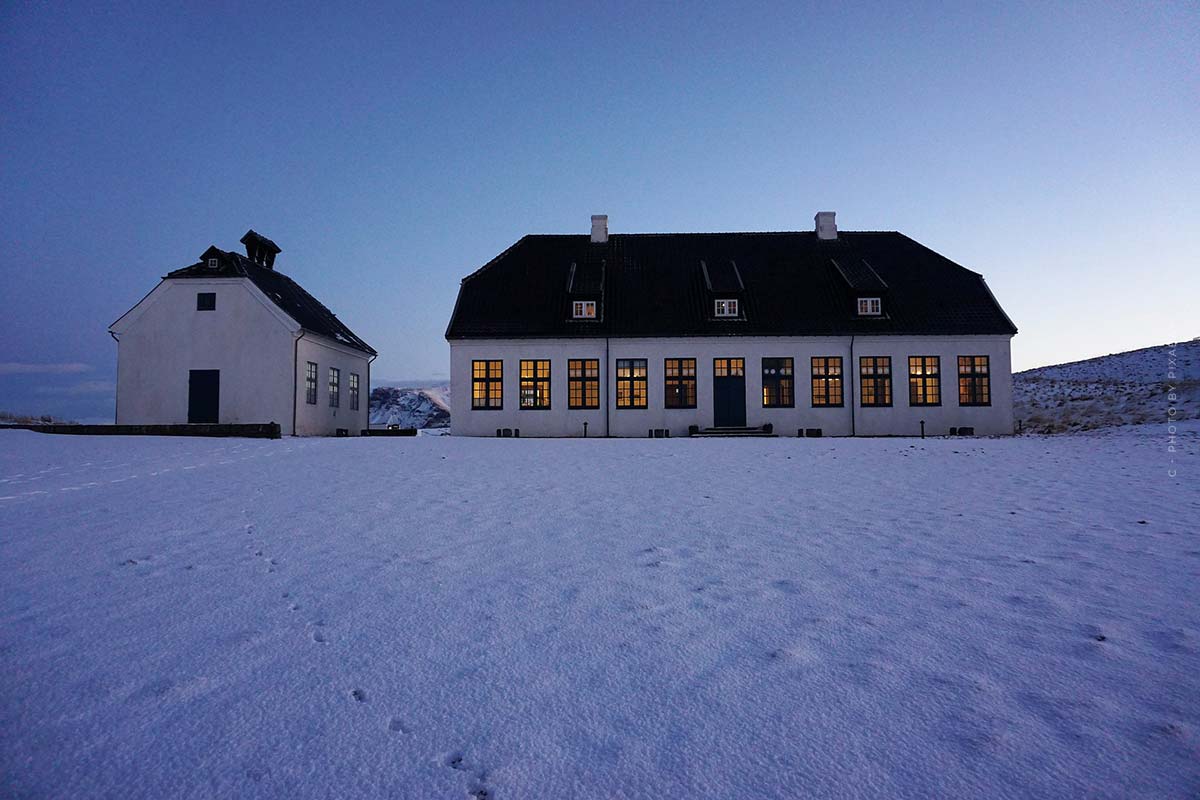
Goods-and-Services Tax
Regarding VAT (value-added-tax), there is again the dual system of the federal tax (GST) and a provincial tax (PST). It is due, for example, on the sale of goods and real estate as well as on services. The federal government levies 6% VAT and the individual provinces can levy up to an additional 6%. Residents of Vancouver, in British Columbia, for example, will be charged an additional 6%, while in Calgary, Alberta there is none.
- Federal VAT: 6%
Wealth Tax, Inheritance Tax, etc.
Investors will also be pleased to hear: Canada has no wealth tax, no inheritance or gift tax, and no church tax.
- No Wealth Taxes
- No Inheritance Taxes
Booming Business – Canadian Real Estate
Canada’s rapid economic growth is down to large decreases in unemployment and high spending, but largely housing and real estate sales.
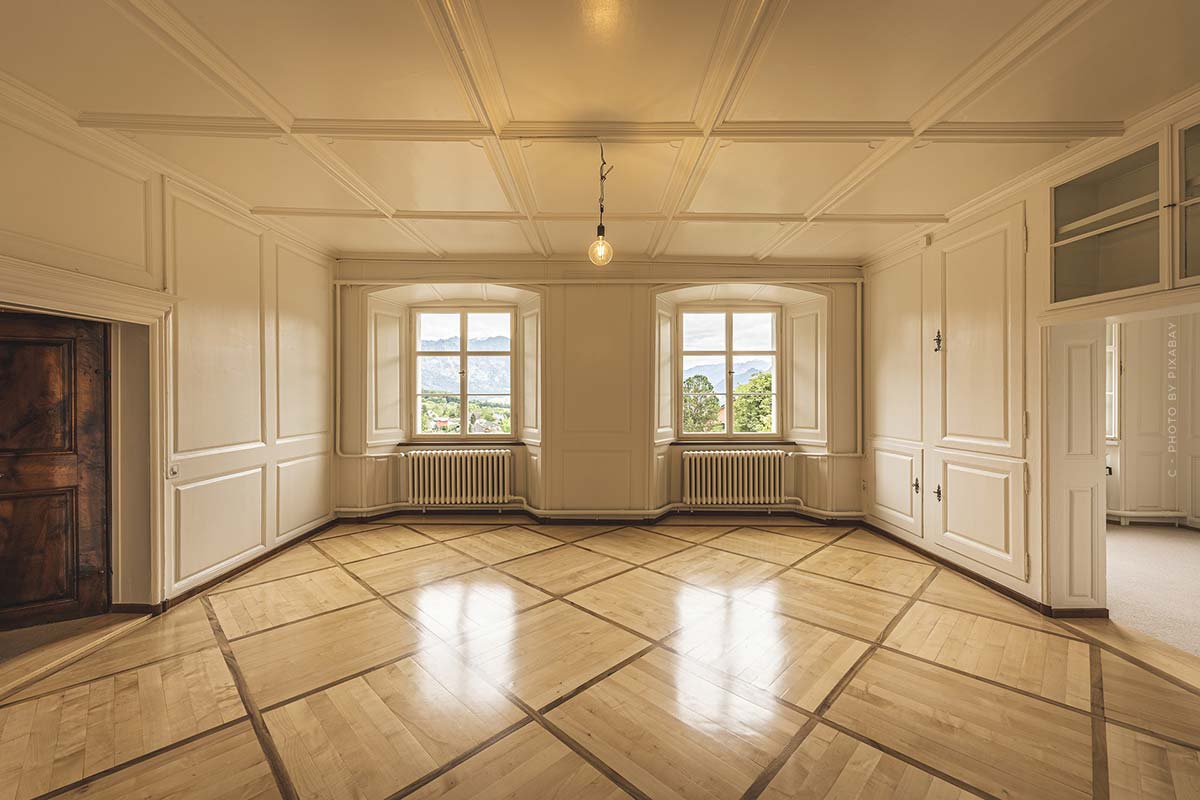
Overview of Real Estate Market
Ottawa, with healthy economy, population growth, attractive labor market and strong demand for condominiums, has developed into a dynamic Canadian housing market. Toronto and Montréal remain classic sales markets. In eastern Ontario and Quebéc, property prices continue to rise and British Columbia is expected to stabilize.
Someone who moves to Canada after selling their house in countries with higher real estate prices can often purchase houses with a significantly reduced mortgage. With the exception of the metropolitan areas, rental housing in Canada is relatively inexpensive. The average price per square meter to buy an apartment in a city centre is CAD5.921, with outside the city costing CAD4.090.
House Prices – List
The median house price gives a good indication of how expensive and luxurious properties are in cities. When taking these in proportion to the median income, one arrives at a factor indicating how strong the market is, and how affordable property is for people working normal jobs in the city. The higher the factor, the more difficult it is to buy a house with a normal income. Below are selected cities, with median house price, and the factor.
- Toronto: 686.000 – Factor 8.3
- Edmonton: 353.000 – Factor 3.6
- Montreal: 306.000 – Factor 4.6
- Vancouver: 942.000 – Factor 12.6
- Winnipeg: 279.000 – Factor 3.7
- Halifax: 261.000 – Factor 3.5

What about Taxes on Real Estate?
To invest in property, you do not have to be a Canadian citizen or even live in the country, and property taxes and interest expenses are tax deductible. Property taxes are at 1% on CAD200.000, and 2% on average. Also note, different from U.S. taxes, Canadian real estate is subject to the goods and services tax. It is important to be aware of the tax implications for all phases of the investment though, from owning the property, to living in or renting it, to selling it.
The real estate transfer tax, which applies to real estate purchases, is not regulated uniformly throughout Canada, with individual provinces again deciding their own rates. It is between 0.5% and 2% and depends on the purchase price of the property. Some provinces do not levy any tax at all.
- Property Tax: 2%
- Transfer Tax: .5%-2%
The Key Details
Houses in Canada are built in a simpler way than e.g. traditional Central European houses. The power supply in the houses is generally designed for 110 volts. Internet is available practically throughout the country, including in rural areas, via telephone line, fiber optics or satellite. The average Canadian spends CAD53 on water utilities a month, using 25 cubic meters of water. This translates to CAD2.12 per cubic meter of water utility.
- CAD53 a month for water
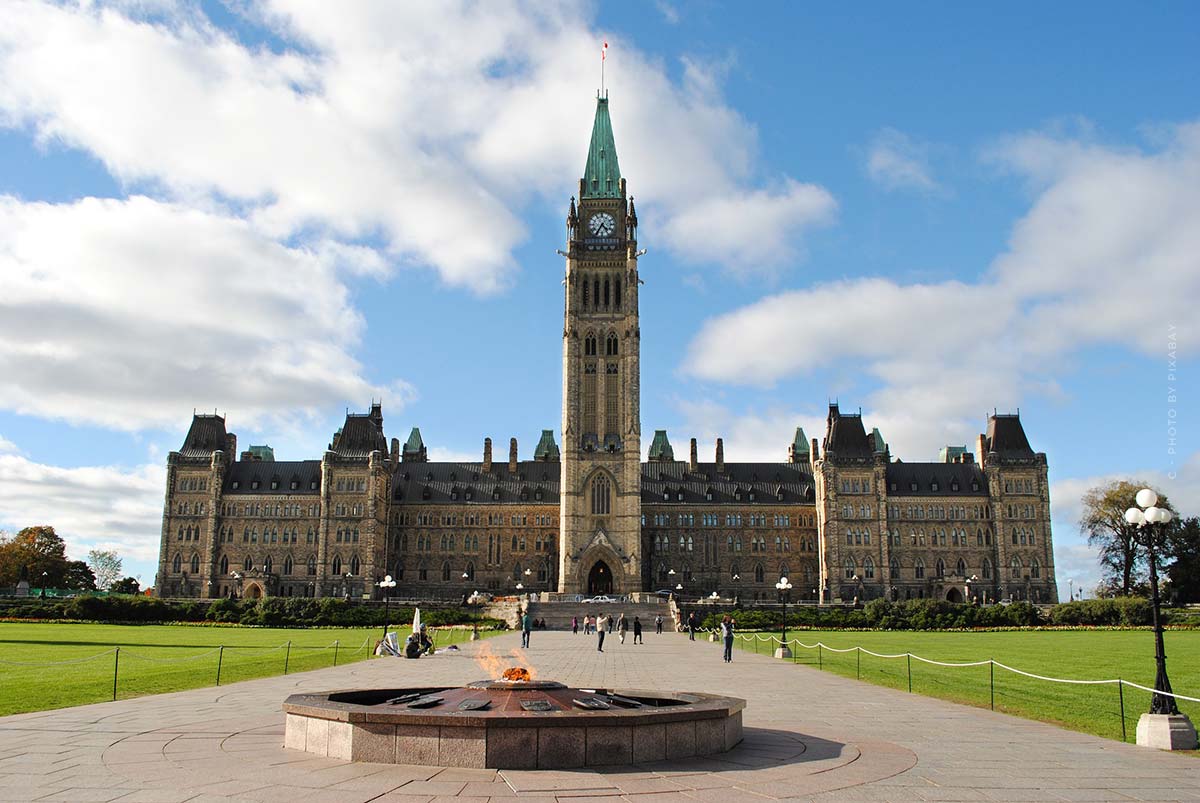
Economy in Canada – Graph
Below a graph of the two main Canadian Stock Exchanges, S&P/TSX.
One Year

Three years

